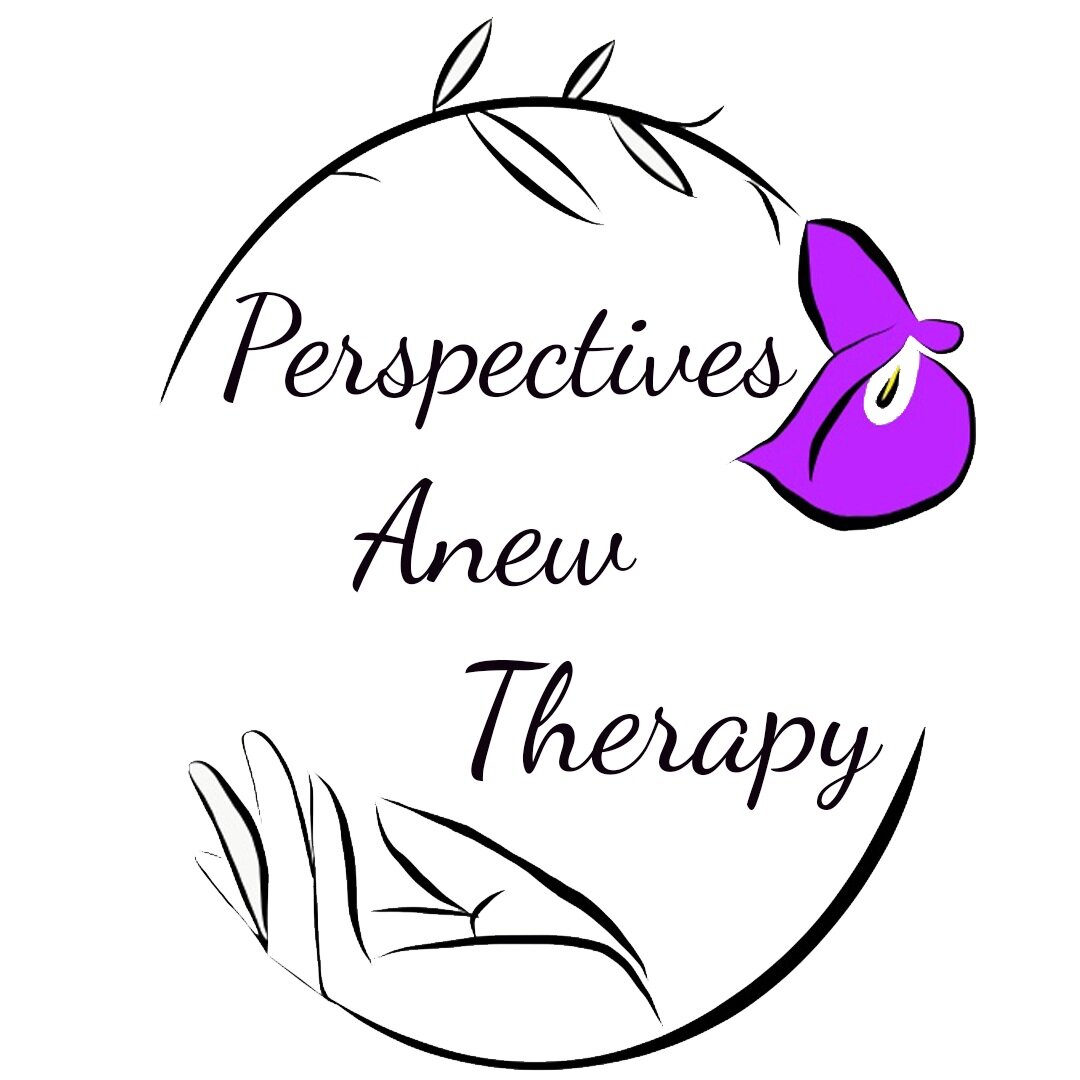March 1st: Self-Injury Awareness Day
Self-Injury Awareness Day, or SIAD, is an international day dedicated to raising awareness and educating the general public about self-harming behaviors that are used as an intentional method of self-injury. Self-harm is not typically intended to be lethal, it is an expression for help that can lead to suicidal ideation and behaviors. SIAD aims to call attention to behaviors that tend to go unnoticed while providing resources, assistance, and support to those who need it. Self-injury is an impulsive behavior associated with premeditated thoughts along with negative feelings. When a person tries to refrain from self-injury they usually think about it obsessively, and when they engage in self-harm they expect to feel relief from the negative emotions. After self-injury, a person often feels guilt, shame, and distress leading to a cycle of repetitive self-harm.
All forms of self-injury should be taken seriously and this prevalent issue should not be overlooked. Research shows that about 5% of adults in the United States have self-harming behaviors, 17% of adolescents report self-injury, and 17-35% of college students also report self-injury. Reasons for self-injury include feeling empty inside, loneliness, not feeling understood, over or under stimulated, an inability to express feelings, and having a fear of intimate relationships and adult responsibilities. Additionally, self-harm can also be about having control over one's body when they have little to no control over different aspects of their lives. It can also be used as a form of punishment when an individual believes they have done something wrong.
Warning signs a person may be using self-harm behaviors include scars, unexplained frequent injuries, having constant access to sharp objects, low self-esteem, difficulty understanding and working through feelings, feelings of hopelessness and worthlessness, relationship problems, and poor functioning at school or other settings. Treatment options for self-injury include outpatient therapy, partial-inpatient care, inpatient hospitalization, and when behaviors become life-threatening or impact daily living, specialized self-injury hospital programs are recommended. Cognitive behavioral therapy helps clients understand and manage destructive thoughts and behaviors. Interpersonal therapy helps clients gain insight and skills to develop and maintain relationships. Medication can be used when treating depression, anxiety, obsessive-compulsive behaviors, and racing thoughts leading to self-harm. Resources include the Crisis Text Line, S.A.F.E. Alternatives which can be reached at 1-800-366-8288, and if a person is in crisis they can text “MHA” to 741741 or call 1-800-273-8255.
Source Mental Health America, Diversus Health
